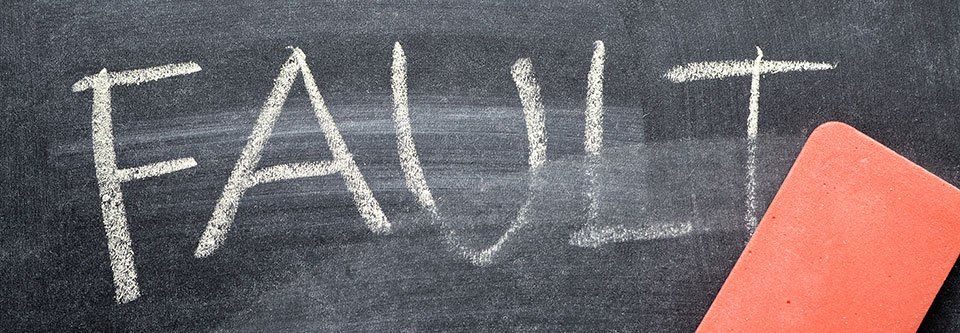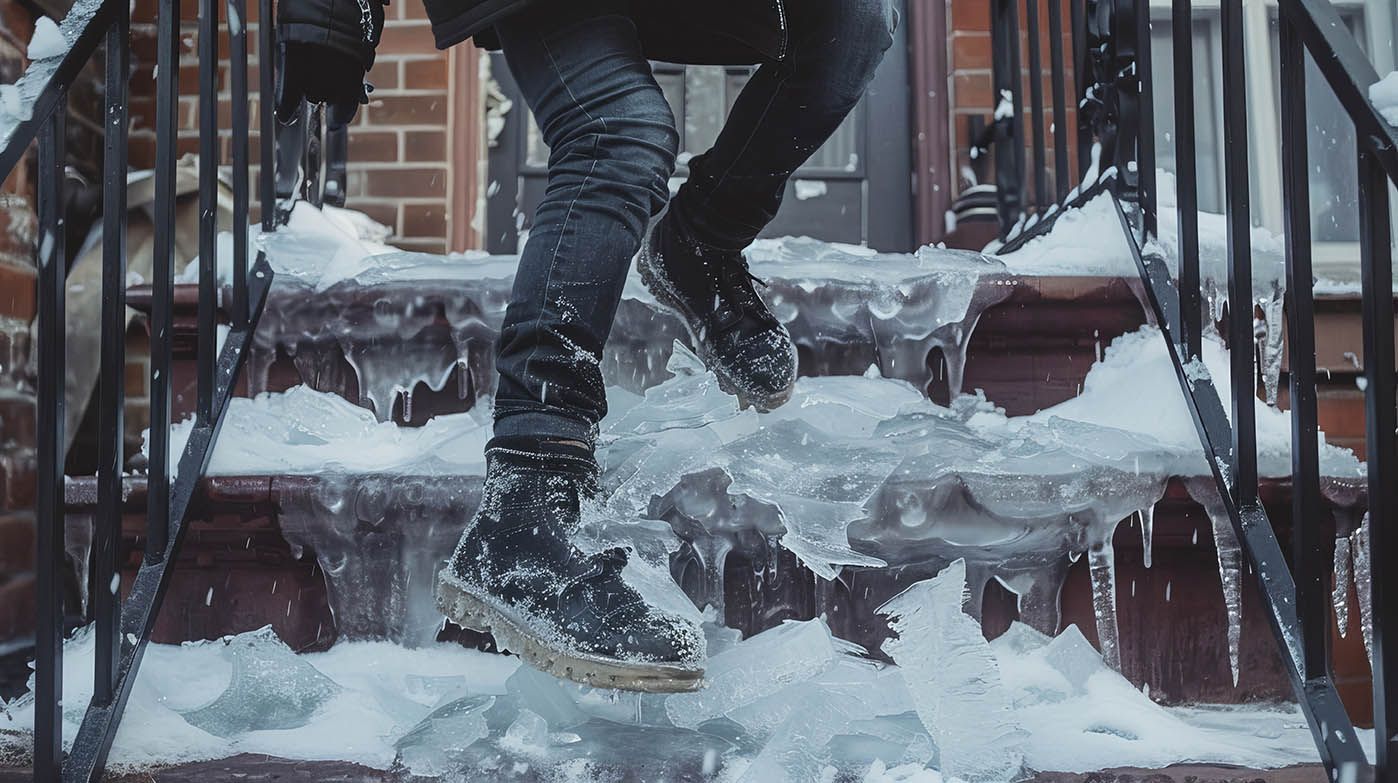BLOG
Can I Be Compensated if I Am Partially at Fault?

Personal injury claims are often very complicated and can result in a lengthy legal process, no matter which side of the claim you are on. In most of these cases, you may still be able to recover some form of compensation, even if you or a loved one is partially at fault. However, in this type of case, there are many different factors that may affect the final outcome of your claim. As with any personal injury claim, it is in your best interest to speak with a personal injury attorney at the Fitch & Stahle law firm for guidance throughout the process.
What Happens if I Am Partially At Fault in a Personal Injury Claim?
Personal injury claims can cover a wide range of situations. With these types of claims, the law states that individuals can be held responsible if their own reckless behavior or negligence caused another person to become injured or they damage another person’s property. While that may sound very simple, most accidents are the result of a variety of different factors and in some cases, the injured party may share some amount of responsibility for how things unfolded.
In personal injury situations where you are found to be partially at fault, you may still receive some form of monetary compensation but the amount that you will receive can vary greatly based on several factors.
How is Partial Responsibility for an Accident Decided?
In accidents where both parties share some amount of responsibility, a judge or jury must take into consideration the comparative negligence theory. This means that they will work to determine the percent of fault that each party had in the accident or incident. Once this percentage has been decided, the total amount of compensation that the plaintiff is eligible to receive will be reduced by the percentage of fault.
For example, if you were involved in an auto accident with another driver who was driving under the influence but you were also speeding at the time of the collision, the judge or jury will have to decide what percentage of fault you are responsible for. If they decide that you are 40 percent responsible, you are still eligible to receive 60 percent of the damages owed to you. Additionally, if the other driver suffered losses as well, you and your insurance company will be responsible for 40 percent of their damages.
Put Your Trust in an Experienced Personal Injury Attorney
When you work with one of the experienced personal injury attorneys at our law firm in Nebraska, you can count on expert guidance to help you navigate the legal process. In difficult personal injury claims where you may be partially at fault for the accident, it is always a good idea to work closely with a knowledgeable attorney to make sure you have the best chance of getting the settlement that you deserve. For more information on the services offered at Fitch & Stahle Law Offices or to schedule your free initial consultation , be sure to visit our law firm online today.


